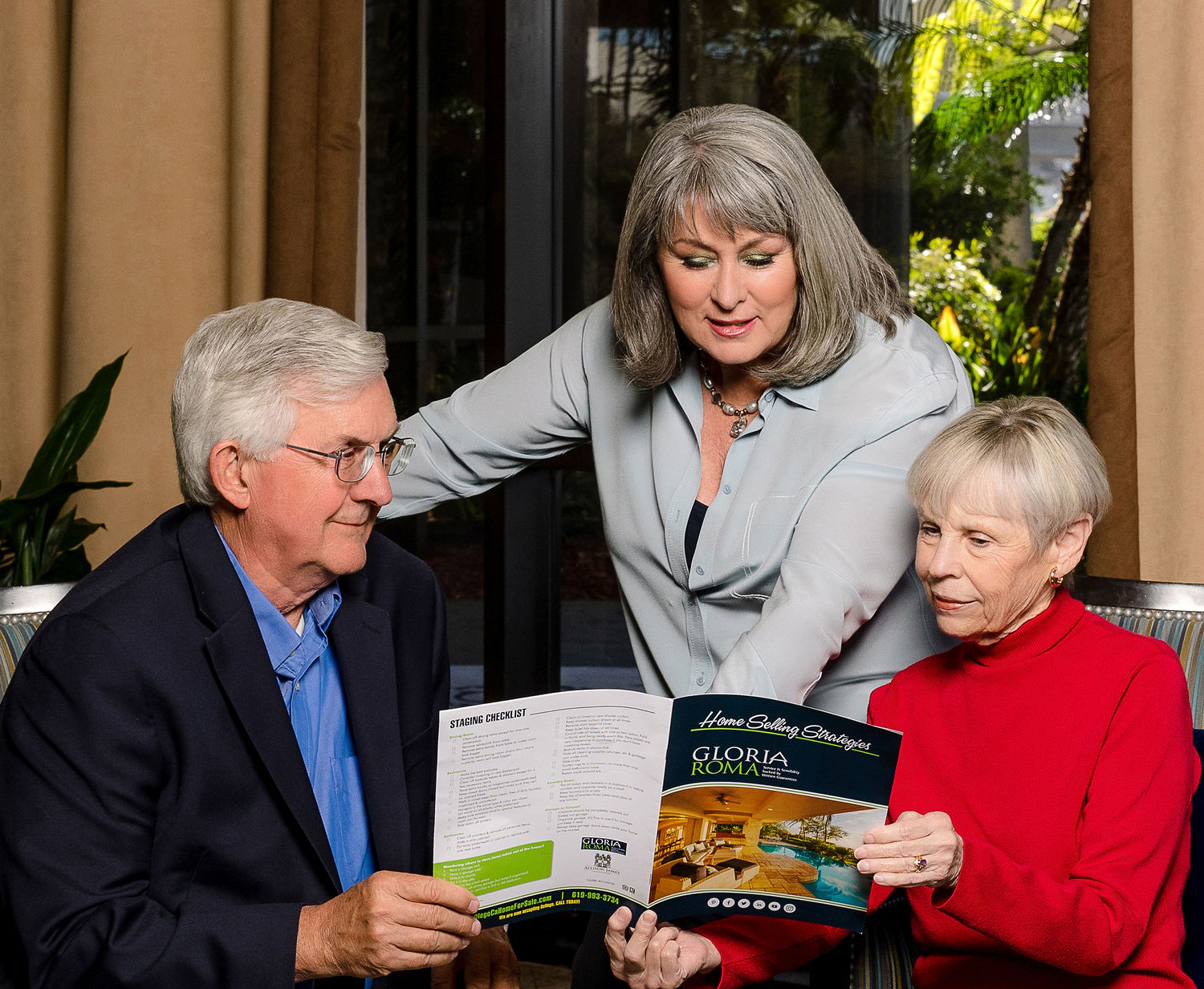 Estate planning for seniors provides assurance and protection for you, your property, and your wishes. If you don’t have one, it should be at the top of your list. Even if you do have one in place, you should review it annually. When creating or updating your estate plan, there are a lot of considerations to make. Including decisions about your future medical care, final arrangements after death, inheritance and more.
Estate planning for seniors provides assurance and protection for you, your property, and your wishes. If you don’t have one, it should be at the top of your list. Even if you do have one in place, you should review it annually. When creating or updating your estate plan, there are a lot of considerations to make. Including decisions about your future medical care, final arrangements after death, inheritance and more.
Definition of Estate Planning
According to Caring.com, “Estate planning is a process in which individuals specify how their money and other property should be managed during life and after their deaths.” It also outlines directions about the type of medical care the individual would like to receive if they were unable to communicate those wishes.
In an estate plan, you can outline what property you wish to leave and to whom you’d like to leave it. You can indicate who you’d like to act as a guardian for any dependent children, as well as who should manage their assets. Naming a power of attorney and an executor are also important parts of a good plan. You can even specify how your outstanding debts and taxes should be paid and if you’d like to forgive any debts owed to you at death.
If You Don’t Have An Estate Plan
Without an estate plan, medical decisions could be left up to the doctors and/or your family, who may not make the same decisions as you. For example, if you were in a coma and didn’t want to be kept on life support, no one would know for sure unless it is outlined in your plan. And even if they know, they don’t have to abide by your wishes without a legally binding document.
Also, without good estate planning for seniors, your family and friend will decide final arrangements. Although they may try their best to honor your wishes, a good estate plan can take a lot of stress and pressure off of loved ones if they have your specific wishes outlined. In an good estate plan, you can specify where you’d like to be buried, or you can request to be cremated and state whether you’d like your ashes kept or spread in a specific location.
Assets distributed according to hierarchy instead of your plan
A lack of good estate planning for seniors also means your property and assets will be divided and distributed according to the hierarchy of survivors specified by your state’s laws. This includes property you own both outright and jointly (e.g., real estate, vehicles, jewelry, pets, bank accounts, stocks and bonds, and retirement accounts). It also includes interest and money you may receive later, such as securities dividends and insurance proceeds.
Of course, you don’t have to wait until you pass for some inheritances to be distributed. You can give your jewelry as a gift and set up trust funds while you’re alive. Likewise, you can transfer the title of your vehicles or house while you’re alive. For example, quitclaim deeds are often used when an elderly parent is giving a child a house.
A quitclaim deed is “a legal document that transfers ownership of a home from one party to another party.” Since quitclaim deeds are typically used between parties that have a prior relationship and the individual receiving the property isn’t paying. The quitclaim deed offers no warranties or guarantees that the owner has good title or ownership, but simply conveys whatever interest exists when the deed is executed (transferred) and delivered.
Reviewing the Estate Plan
A specific rule about when you should review estate planning for seniors doesn’t exist. Experts typically agree that certain situations call for a revision. For example, you should review your plan immediately after a major life event, such as a divorce or the death of someone listed in your estate plan. It’s also advisable to do a quick review every year and a thorough review every five years.
Take the time to fully research and understand each part of estate planning, such as the power of attorney, final arrangements, and trust funds. Also, be sure you understand how your state’s laws impact estate planning. Speaking with a trusted attorney is always advisable when making legal decisions.
Call me or send me an email, I’ll be happy to help you sell your home when you are ready.
Call 726-999-0566
or Email Us

